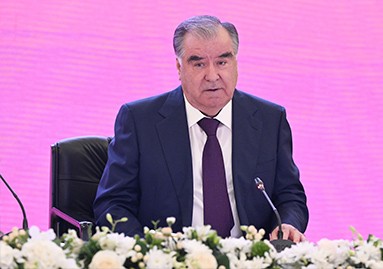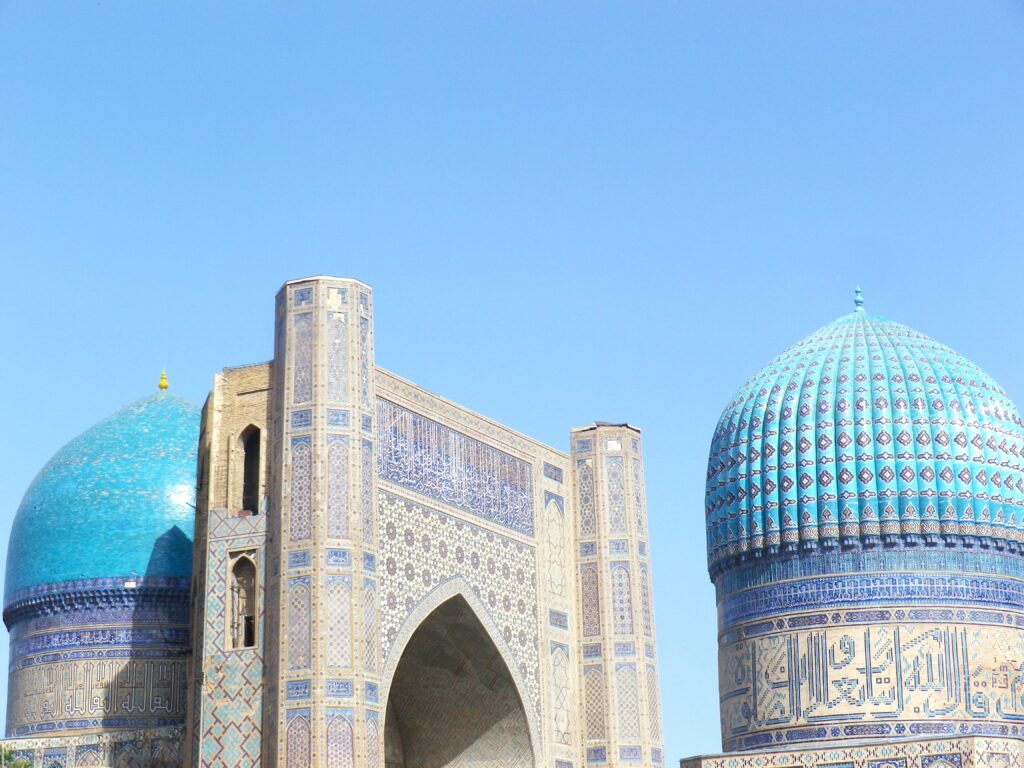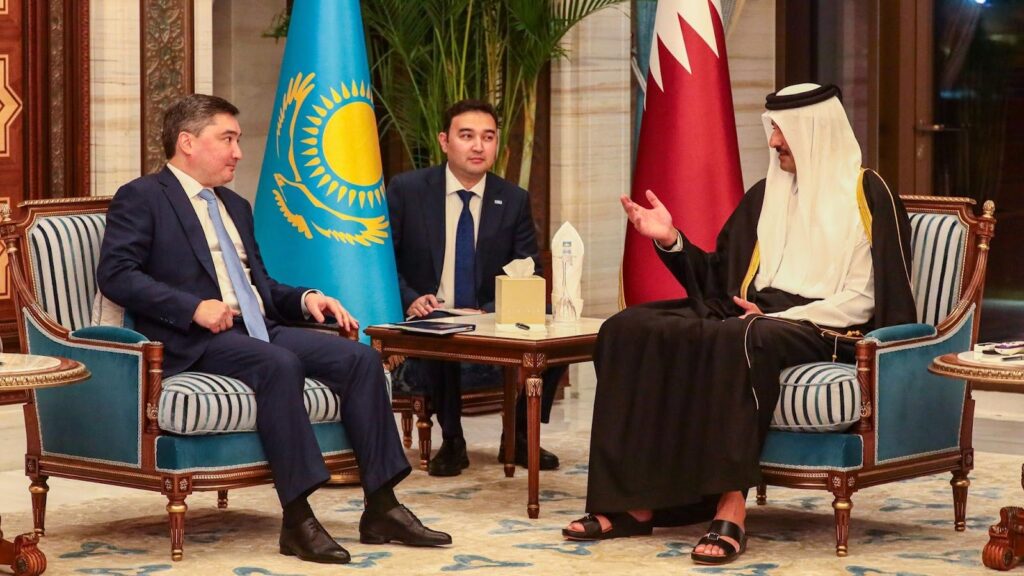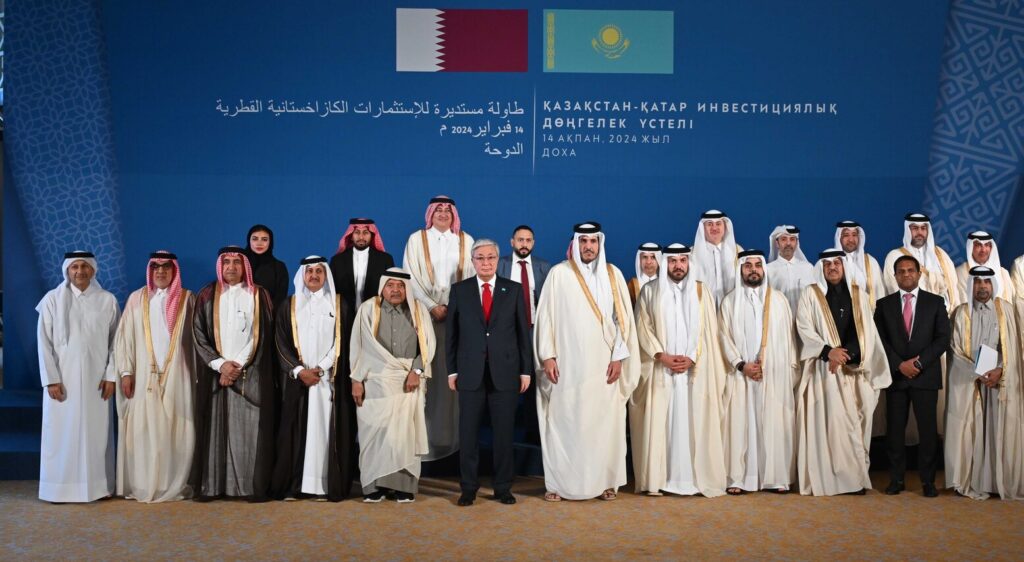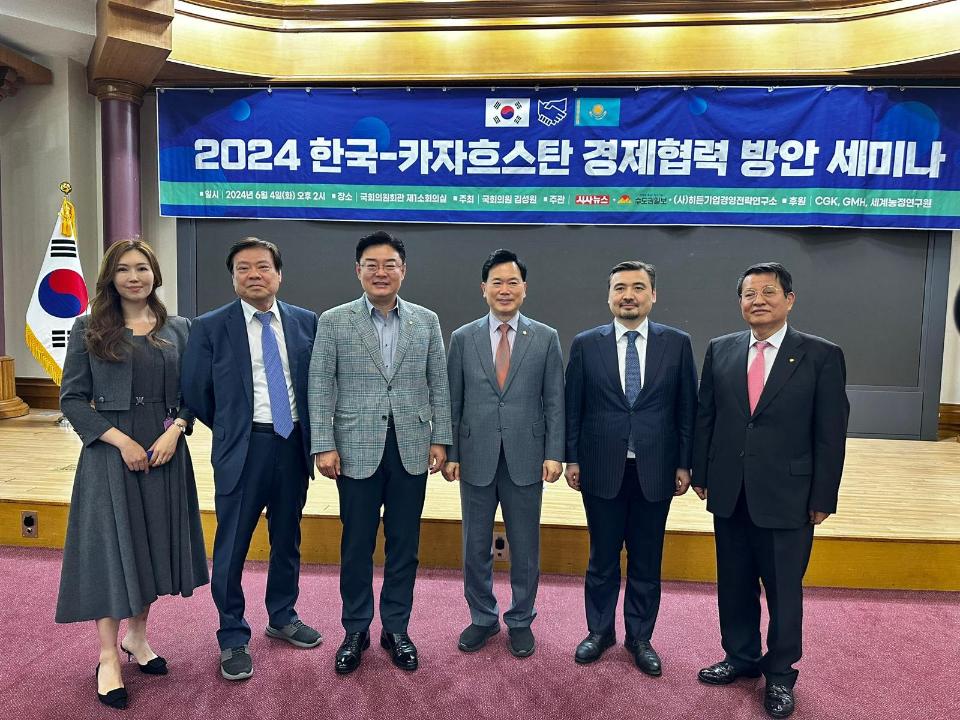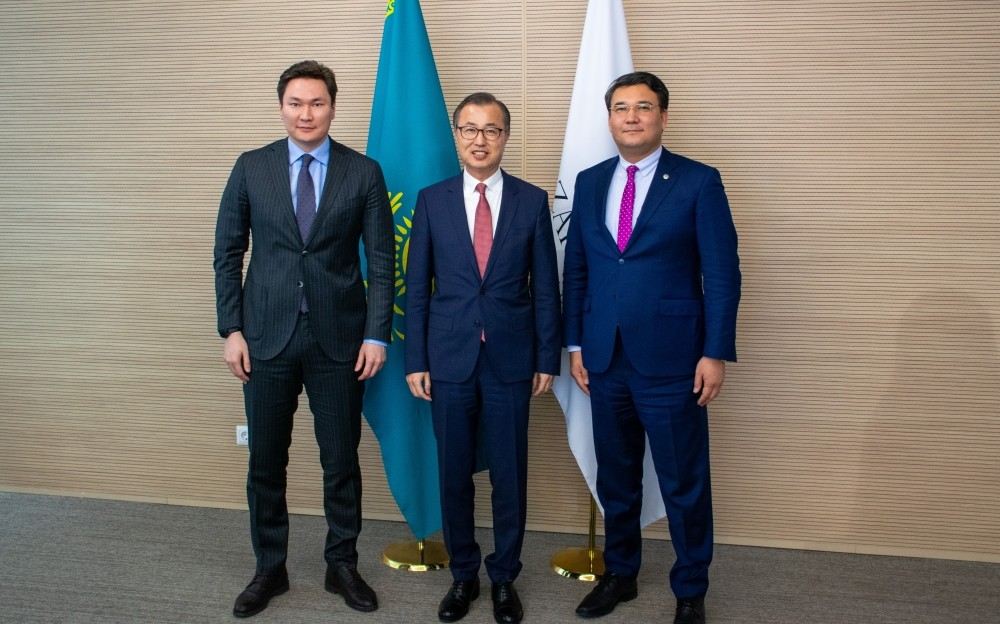During his state visit to Qatar on January 22nd, the president of Tajikistan, Emomali Rahmon, held negotiations in Doha with the emir of the state of Qatar, Sheikh Tamim bin Hamad Al Thani.
During the meeting, it was proposed to launch joint transport-transit projects in order to expand the logistics networks between the two countries. This will facilitate the transportation of cargo and passengers, as well as transit to other countries, Rahmon’s press service reported.
Also on January 22nd, Rahmon met with Qatar’s business community, expressing his views on a broad scope of cooperation opportunities with leading Qatari companies in the fields of agriculture, transport infrastructure, logistics, civil aviation, and tourism. The president emphasized that the government of Tajikistan is ready to support the proposals of investors to establish cooperation in these priority areas.
In his speech to the Qatari business community, Rahmon spoke about the current economic situation in Tajikistan and the macroeconomic stability ensured in the country. The president said that Tajikistan’s GDP growth rate in the last 20 years has been more than 7% on average, and in 2023 reached 8.3%, while inflation was 3.8%. “Today, more than 720 public investment projects worth more than USD 13.8 billion are under implementation in our country.”
Rahmon said that attracting investments is a priority for the Tajik government, and in this context, vast opportunities for investment have been created, and tax and customs incentives and guarantees are widely applied.
According to Rahmon, Tajikistan’s aluminum production and lithium resources provide for favorable conditions for the production of electric vehicles. “That’s the two main types of materials for the production of electric cars available in our country,” he said.
The president pointed out that industrial production can be another future direction of cooperation, adding that projects in the light industry, food, metallurgy, machine building, chemistry, production of construction materials and pharmaceuticals are a priority for Tajikistan.
Rahmon also mentioned that Tajikistan is rich in mineral resources, with some 800 deposits of minerals, rare and precious metals, including copper, silver, gold, lead, lithium, antimony, nickel, tungsten, vanadium and other rare minerals having been discovered and partially prepared for mining in Tajikistan.
The president added that the reserves of food salt in Tajikistan amount to more than 72 billion tons, which is sufficient to meet the consumption needs of all inhabitants of the planet for this product for more than 300 years.
